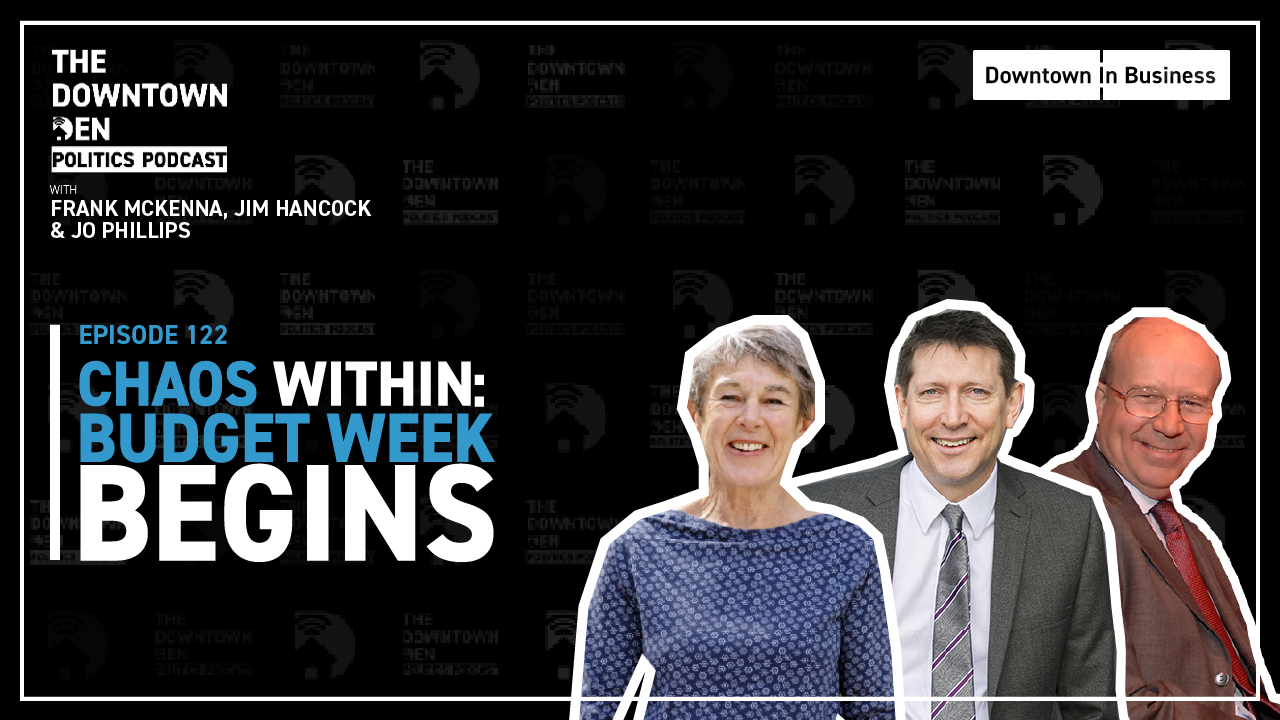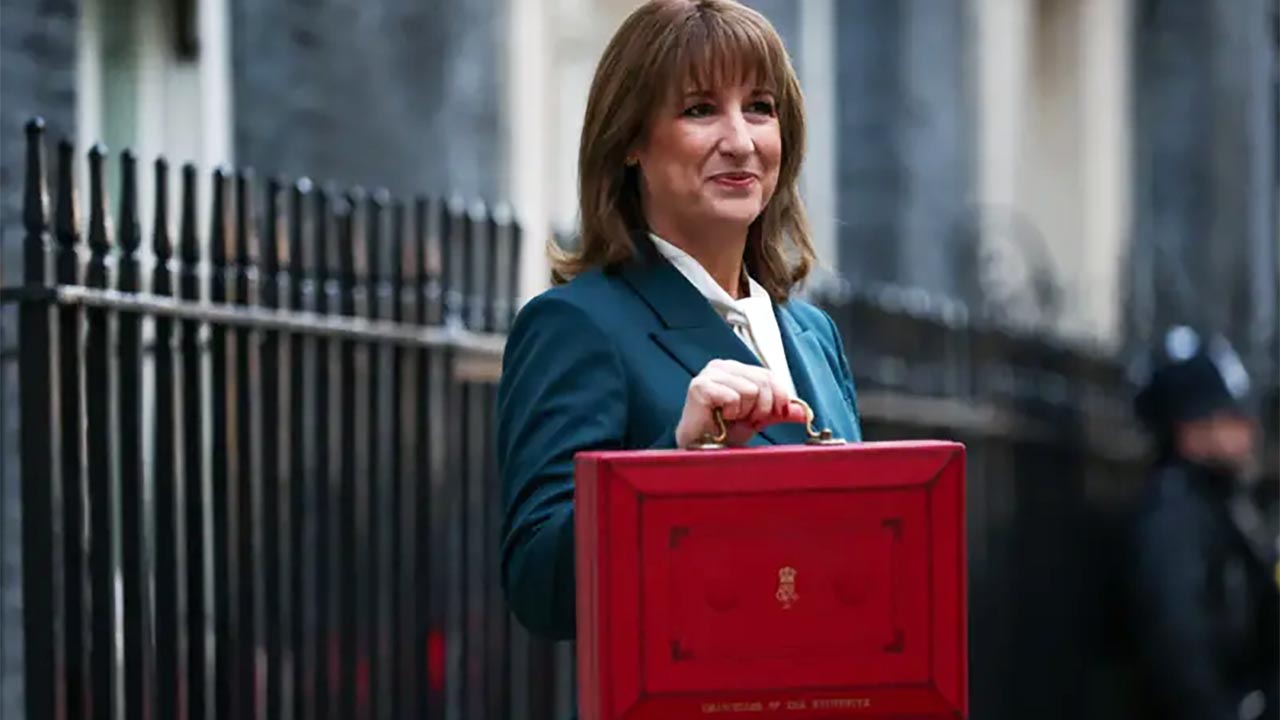Avison Young’s UK Cities Recovery Index has revealed Liverpool’s resilience with multiple sectors showing particular strength. However, the implementation of the recent increased restrictions for Merseyside has resulted in further decline, and this will plainly be exacerbated by the announcement of further restrictions today [1st October 2020].
Avison Young has created the UK Cities Recovery Index to help monitor the way in which COVID-19 has impacted the UK’s major cities. It enables assessments and analysis of the speed rate and trajectory of the recovery process and identifies trends that will determine the future of the property sector, cities and of society as a whole.
The Recovery Index uses a variety of high-frequency indicators, which are combined into an overall Recovery Index score, which illustrates the evolution of urban impact and recovery over time since 29th February 2020.
In Liverpool, the Commercial Activity Sector Index has remained robust, despite the renewed local social distancing measures. This is partly due to the Port of Liverpool remaining operational, which has provided a boost to the city’s economy, with the index standing at 99.7 on 27th September.
The Mobility Sector Index for Liverpool, which looks at levels of walking, driving, and transit use across the city, experienced a noticeable decline since the announcement of the new local restrictions. The Sector Index fell to 90.3 on 27th September, down 6.5% from the 96.6 figure recorded on 21st September – the day before further restrictions came into effect.
Following a small rise in activity in the first half of September, the Residential Sector Index for Liverpool has since plateaued and is at 111.0 on 27th September, however this does show that the sector has been performing well since the end of February.
Another sector that bounced-back over the summer but has since dipped again, is hotel and leisure. The ending of the Eat Out to Help Out scheme at the end of August has had a negative impact on the Hotel & Leisure Sector Index for the city but standing at a level of 90.3 on the 27th September, it is far above the 76.2 figure for the national Sector Index on the same day.
Stephen Cowperthwaite, principal and managing director of Avison Young’s Liverpool office, said: “Liverpool offers so much in terms of its cultural, heritage and sporting offer, that, allied to its popularity as a destination for retail, leisure, conferences and cruise liners, has enabled the city to build upon its success of being 2008 European Capital of Culture.
“However, the effects of COVID-19 have had a significant impact upon the tourism, hospitality and construction sectors that have been so important to Liverpool’s resurgent economy in recent years. We began to see signs of a cautious recovery over the summer, but with schemes such as Eat Out to Help Out now over, stricter local restrictions now in place and as we head into the winter months, it is a critical time to assess how the city responds.
“The UK Cities Recovery Index will allow us to continually monitor our city’s performance so that we can see in real time which areas are struggling, giving public and private sectors an insight into where greater help and innovation is needed.
“Recovery has to address the threats to lives and livelihoods by placing wellbeing at the centre of policy making, whilst also playing to the city’s key strengths in life sciences, health innovation, digital and creative industries. The time to act is now to ensure that we bounce-back well and build a sustainable and inclusive economy to continue Liverpool’s renaissance as a world class cultural city.”
The UK Cities Recovery Index can be accessed using Avison Young’s unique and intuitive platform with data that is constantly updated via the Daily Activity Recovery Tracker (DART) – a grouping of the highest frequency indicators, which give an early view of the likely trajectory of the full Index. Avison Young’s UK Cities Recovery Index can be found here.








